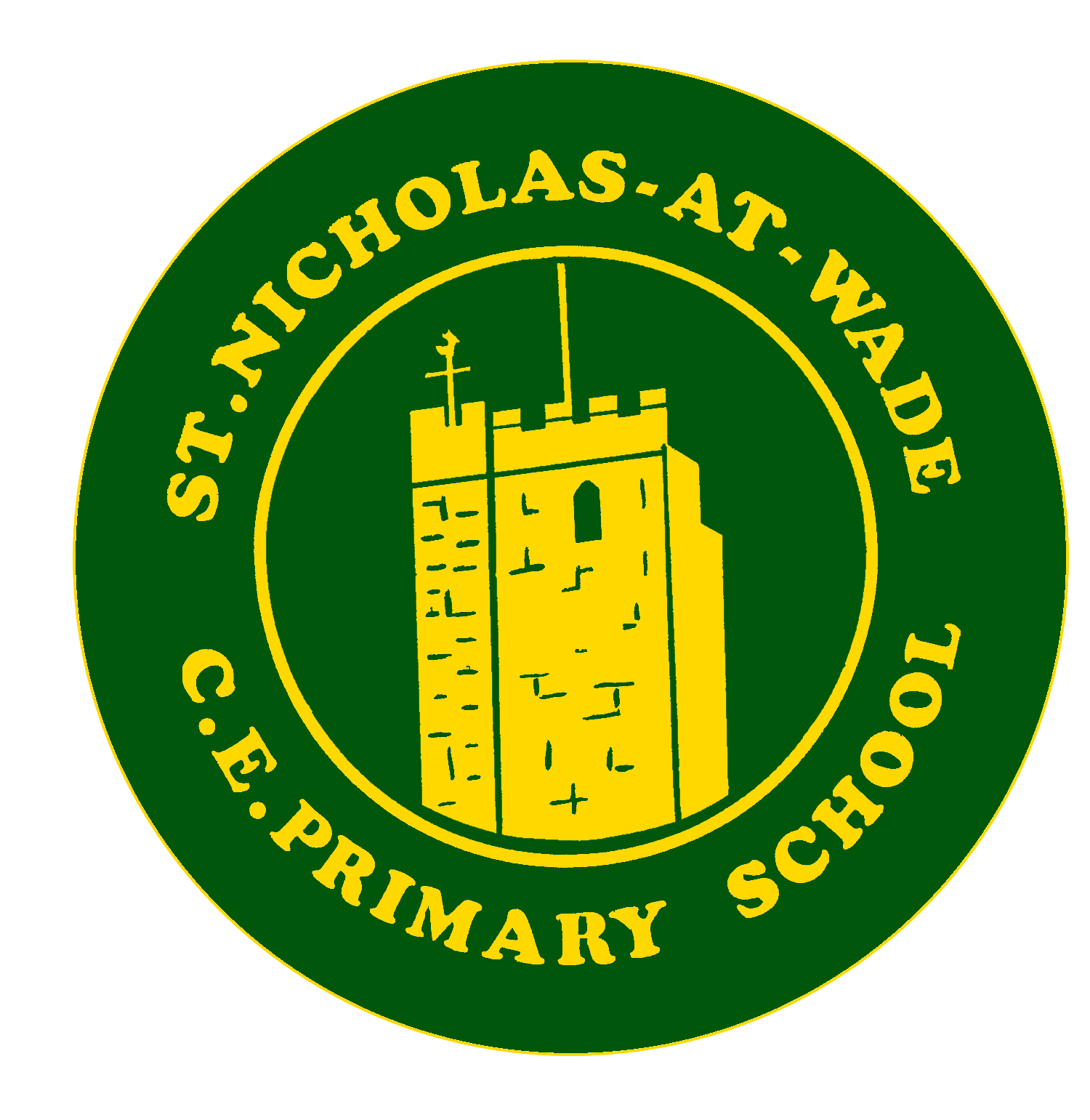|
In Early years science the children will:
- Explore the natural world around them, making observations and drawing pictures of animals and plants. (UW)
- Understand some important processes and changes in the natural world around them, including the seasons and changing states of matter. (UW)
- Make comments about what they have heard and ask questions to clarify their understanding. (CAL)
- Hold conversation when engaged in back-and-forth exchanges with their teacher and peers. (CAL)
- Participate in small group, class and one-to-one discussions, offering their own ideas, using recently introduced vocabulary. (CAL)
- Offer explanations for why things might happen, making use of recently introduced vocabulary from stories, non-fiction, rhymes and poems when appropriate. (CAL)
|
Key Stage 1
The principal focus of science teaching in Key Stage 1 is to enable pupils to experience and observe phenomena, looking more closely at the world around them. Pupils will be encouraged to be curious and ask questions about what they notice. They will be supported in developing their understanding of scientific ideas by using different types of scientific enquiry to answer their own questions, including observing changes over a period of time, noticing patterns, grouping and classifying things, carrying out simple comparative tests, and finding things out using secondary sources of information. They will begin to use simple scientific language to talk about what they have found out and communicate their ideas to a range of audiences in a variety of ways. Most of the learning about science should be done through the use of first-hand practical experiences, but good use should also be made of appropriate secondary sources, such as books, photographs and videos.
Lower Key Stage 2
The main aim of science teaching in years 3 and 4 is to enable pupils to broaden their scientific view of the world around them. They should do this through exploring, talking about, testing and developing ideas about everyday phenomena and the relationships between living things, and by beginning to develop their ideas about functions, relationships and interactions. They should ask their own questions about what they observe and make some decisions about which types of scientific enquiry are likely to be the best ways of answering them, including observing changes over time, noticing patterns, grouping and classifying things, carrying out simple comparative and fair tests and finding things out using secondary sources of information. They should draw simple conclusions and use a developing scientific vocabulary to talk and write about what they have found out.
Upper Key Stage 2
A fundamental focus of science teaching in years 5 and 6 is to enable pupils to develop a deeper understanding of a wide range of scientific concepts. They should do this through exploring and talking about their ideas; asking their own questions about scientific phenomena; and analysing functions, relationships and interactions more systematically. At upper key stage 2, they should encounter more abstract ideas and begin to recognise how these ideas help them to understand and predict how the world operates. They should also begin to recognise that scientific ideas change and develop over time. They should select the most appropriate ways to answer science questions using different types of scientific enquiry, including observing changes over different periods of time, noticing patterns, grouping and classifying things, carrying out comparative and fair tests and finding things out using a wide range of secondary sources of information. Pupils should draw conclusions based on their data and observations, use evidence to justify their ideas, and use their scientific knowledge and understanding to explain their findings. Pupils should read, spell and pronounce scientific vocabulary correctly.
Teachers ensure that children are not only familiar with, but have opportunities to develop and apply their working scientifically skills. These include:
- Pattern Seeking
- Observation over time
- Grouping and classifying
- Using equipment and fair testing
- Researching and presenting
Impact
Children at St. Nicholas at Wade can make sense of the world around them. They confidently ask scientific questions and show an appetite for wanting to find out more about the world they live in and the part they play within it.
Children enjoy a high-quality science education delivered via thought-provoking and engaging lessons. This provides the foundations for understanding the world they live. When children leave primary school, our curriculum prepares them for a life in an increasingly scientific and technological world, which is constantly changing.
|
|
